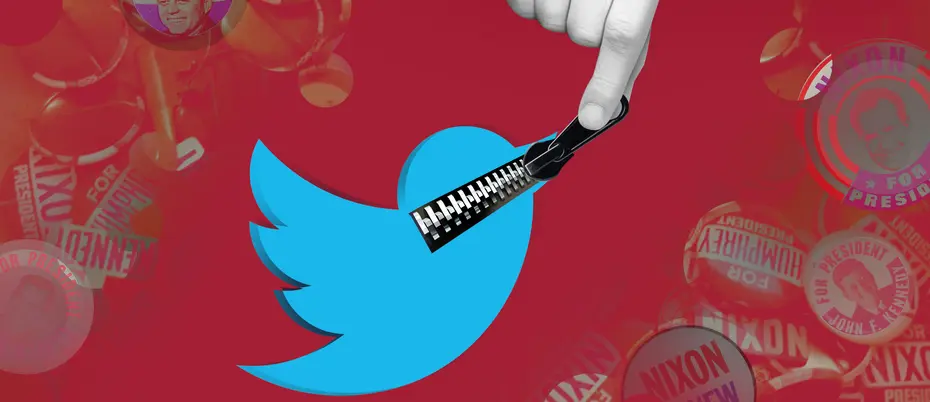Social Media
Twitter CFO talks metrics, politics, and transparency
In today’s politically charged environment, Twitter’s CFO explains why the social media network is banning political ads.
From banning political ads to acting swiftly in the face of an unexpected technology snafu, Twitter has been making a concerted effort to promote trust and engagement with users on its platform.
So said Twitter’s Chief Financial Officer Ned Segal at last week’s MIT Sloan CFO Summit in Newton, Massachusetts. The conference, held annually since 2002, brings together financial executives and investors across a wide range of industries.
“We want the whole world to use Twitter, and we have a lot of work to do to get there,” said Segal, sharing three things that are at the top of his to-do list:
Measure success in ways that make the most sense for Twitter’s business
Earlier this year, Twitter announced it would begin providing investors information on daily active usage, even though other platforms typically report monthly active usage. Given that most people on Twitter visit the site daily, the company made the change and communicated it to stakeholders, explaining why they thought it made sense to measure success in a different way.
“Whether it’s a policy you enforce on your service, a hiring philosophy, how you disclose your results externally, or what you tell people you will prioritize, if you communicate clearly how you are going to think about each of these things and the principles behind the decisions, then even if people disagree with you, they at least come to know what to expect from you and how you are measuring your success,” Segal said.
Create transparency by coming clean sooner than later
Twitter recently went public about product bugs it discovered in its technology as well as an issue with user data that caused some users’ email addresses and phone numbers to be used for advertising purposes.
Segal explained that Twitter collects certain information about its users and their preferences to keep them connected to the platform.
“The more we know about somebody, the more relevant an experience we can give them, whether it’s the tweets we put in their timeline, the ads that they may see, or the notifications they get to bring them back to the service,” Segal said.
In its most recent earnings announcement, Twitter revealed upfront that some of its users’ information was inadvertently used for advertising purposes.
Segal said that Twitter decided to make the mishap public to create transparency and show users that the company could be trusted. In the case of unexpected snafus in the future, Twitter will follow the same protocol.
“We’ll disclose it, and we’ll stop doing it,” Segal said.
Remove political ads and offensive content to create trust
Twitter’s recent decision to eliminate political ads on the platform — unlike its social media rival Facebook — was widely applauded. At the time, Twitter’s Chief Executive Jack Dorsey announced on Twitter that the company made the decision to reflect its view that “political message reach should be earned, not bought.”
Segal said that Twitter’s decision “was a time of tremendous pride” and reflected the company’s desire to encourage more trustworthy conversations on the platform, whether that’s by removing suspicious accounts or hiding offensive content.
“We felt like we did something that was principled,” Segal said. “It was consistent with what we want people to see from Twitter. More people will use Twitter more frequently if they trust the information that they see and if they feel safe being part of the conversation.”




